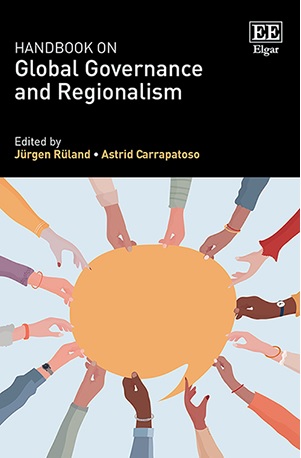In Krisenzeiten kann man beobachten, wie die Zahl von Zukunftsbeschreibungen der Weltpolitik zunimmt. Insbesondere wenn sie mit politischen Machtumbrüchen verbunden sind, wird über kommende oder verschwindende »Welt(un)ordnungen« nachgedacht. Auch in gegenwärtigen Publikationen werden die Rückkehr der Geopolitik und ein Ende des Multilateralismus, in Form von Kassandrarufen beschrieben. Die Szenarien
reichen von der Befürchtung eines Dritten Weltkriegs über die Erwartung
eines neuen Kalten Kriegs, einschließlich der Gefahr eines Atomkriegs bis zu verhalten optimistisch präsentierten Hoffnungen von sich verändernden Kooperationsbeziehungen in einer globalisierten Welt mit globalen Herausforderungen.
Im Folgenden soll das Phänomen von Welt-Ordnungs-Diskursen kritisch reflektiert werden. Allzu pessimistischen Erwartungen, dass die derzeitigen »Turbulenzen in den internationalen Beziehungen« zugleich ein Ende jeglicher Erfolgsaussichten für Versuche des »globalen Regierens« bedeuten
müssten, soll zudem eine zwar optimistischere, zugleich jedoch auch nicht
naive, sondern realistische Perspektive entgegengehalten werden.





